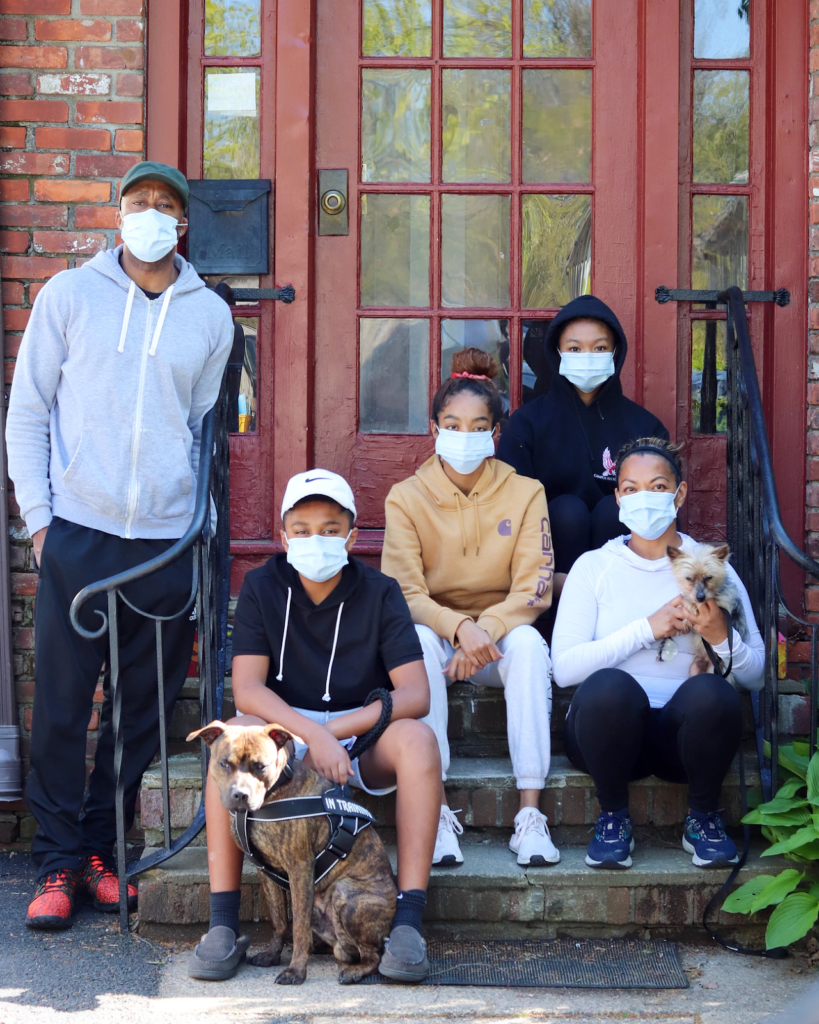4 Ways to Prevent the Most Common Stressful Situations During the Pandemic

Self-isolating has many positive impacts on reducing the spread of COVID-19, but it also has several negative impacts on our mental and physical health. This is especially true for larger households. Are the stress and tension rising at home? With school happening in the dining room and conference calls in the living room, the lines between work and home are more blurred than ever. Here are a few ways to alleviate some common household stressors during the pandemic.
Make remote work more comfortable.
Parents and kids are both struggling with the new world of virtual learning. It can be frustrating when technology won’t work properly, especially when you need it to. You can keep the entire household calmer by proactively addressing common tech troubles ahead of time. For example, set computers to manually update and turn them all off at night. That can result in fewer random computer restarts, like in the middle of math class or your big presentation.
Also, consider increasing your internet speeds to accommodate all users who will be on simultaneously, whether they’re working, doing schoolwork, or playing video games. You can combat lag and boost your internet speed by upgrading to 5G internet if it’s available in your location.
Start meditating together.
Getting everyone in the family to do daily meditation can alter stress and tension in a variety of ways. Research shows that meditation reduces stress by lowering blood pressure, but it also relaxes your muscles — easing back, neck, and shoulder pain in the process.
There are many benefits to meditation. For example, meditation can help your family empathize more with each other. We also suggest creating morning and evening routines that focus on meditation to improve energy levels.
Stay active and eat healthy.
It can be tough to stay motivated when you’re in self-isolation. But if COVID-19 is turning you into a couch potato, it’s likely doing the same for your kids. That can lead to unhealthy habits, sedentary lifestyles, and poor coping mechanisms.
Keep your family active by going on walks and doing online exercise classes together. There are plenty of free videos on YouTube you can follow or you can sign up for live virtual classes with a local gym — which also allows your local fitness professionals to stay afloat as a bonus. And be sure to eat healthy meals! Meal delivery services drop off gourmet vegetarian and vegan meals right at your door.
Practice an attitude of gratitude.
When you are proactively grateful, you stand a better chance of feeling less stress even in typically stressful situations. Gather your family around the dinner table and turn it into a conversation about gratitude, discussing the many ways we feel thankful for a valuable experience or lesson learned.
When your family practices gratitude, you help them build up a defense against depression, see new opportunities, feel optimistic, show more empathy, and boost feelings of self-worth. These are all ways to move through painful or tense situations of isolation and into feelings of support, unity, and camaraderie.
Self-isolating with family can be a stressful time. In many ways, we’re going to look back on COVID-19 and see that, while in some ways we’ve been separated, we’ve also had more time together. Help your family reframe stressful situations into learning opportunities with positive outcomes.
If you need someone to talk to or options for managing your own mental health, Shushan Khachatryan offers professional therapy to help you cope with life’s challenges. Call (818) 926-3030 to request an appointment.
Author: Cheryl Conklin from Wellness Central

